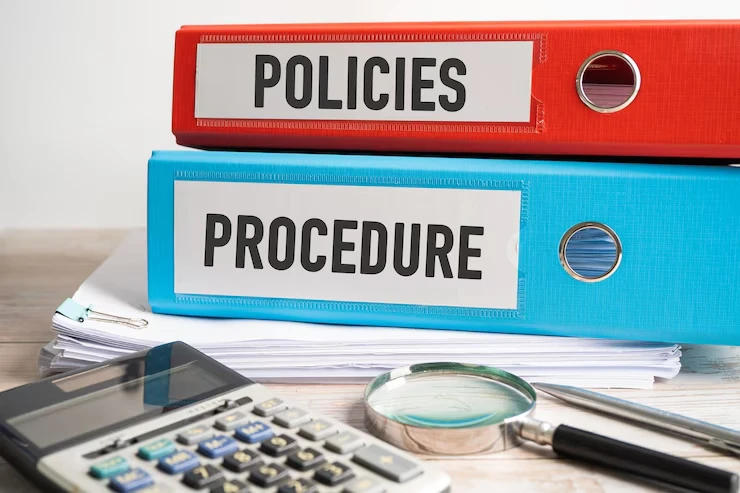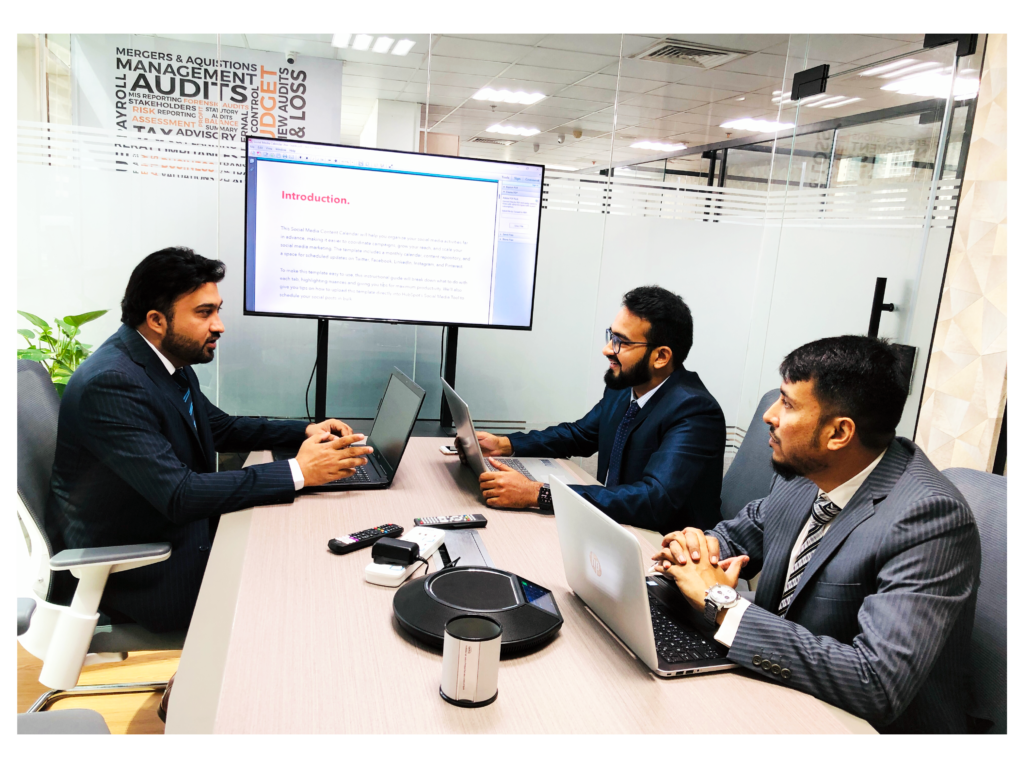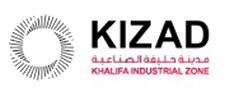AML Policies in UAE

AML Policies in UAE – A Strategic Compliance Requirement
Stay ahead of regulatory scrutiny with robust AML policies designed for businesses in Dubai and across the UAE. AEY Auditing provides AML policy drafting, implementation, and review aligned with UAE laws and international best practices.
Why AML Policies Are Essential in the UAE
Who Must Have AML Policies in UAE?
Audit & Accounting Firms
Real Estate Brokers & Agents
Gold & Precious Metal Dealers
Legal & Notary Firms
Corporate Service Providers
Financial Institutions (banks, insurance firms, money exchanges)
Crypto & Virtual Asset Providers
Core Components of AML Policies in UAE
A compliant AML Policy in the UAE should cover the following critical elements:
🔹 Customer Due Diligence (CDD)
Identity verification for all customers
Risk-based approach for different customer categories
Beneficial ownership transparency
🔹 Enhanced Due Diligence (EDD)
Additional scrutiny for high-risk clients
Politically Exposed Persons (PEPs) screening
Source of funds and wealth validation
🔹 Transaction Monitoring
Ongoing review of client transactions
Automated or manual red-flag detection
Record-keeping for at least 5 years
🔹 Suspicious Transaction Reporting (STR)
Criteria for identifying suspicious transactions
Internal escalation and reporting to goAML platform
Appointing a Money Laundering Reporting Officer (MLRO)
🔹 Staff Training and Awareness
Annual AML training for all employees
Specialized training for compliance and MLRO staff
Documentation of attendance and understanding
🔹 Internal Audit & Independent Review
Periodic testing of AML policy implementation
Reporting deficiencies and recommending improvements
Aligning with ISA and UAE risk management protocols
Get A Free Quotes
UAE AML Regulatory Framework
|
Regulation |
Description |
|
Federal Decree-Law No. (20) of 2018 |
Main AML Law of the UAE |
|
Cabinet Decision No. (10) of 2019 |
Executive regulation covering AML procedures |
|
Guidance from UAE FIU & MOE |
AML guidance for DNFBPs, published periodically |
|
goAML |
Mandatory platform for STR and SAR reporting |
|
DFSA/FSRA Regulations |
AML rules specific to DIFC and ADGM zones |
|
FATF Guidelines |
International benchmarks that UAE adheres to |
Penalties for Non-Compliance with AML Policies in UAE
Failure to adopt or enforce adequate AML policies can result in:
Administrative fines from AED 50,000 to AED 5 million
Free Zone license cancellation or suspension
Bank account restrictions or closures
Criminal charges in extreme cases
The Ministry of Economy (MOE) and Central Bank of UAE (CBUAE) actively inspect companies to verify AML implementation.


Why Choose AEY Auditing?
Qualified, Dubai-registered auditors with AML specialization
Experience serving clients in DMCC, IFZA, DIFC, DAFZA, and mainland UAE
Policies tailored to FTA, MOE, DFSA, and Free Zone guidelines
Integrated approach with other services: Corporate Tax, UBO, ESR, and Compliance Audit
Free Zones
We are approved auditors by the following UAE free zones

















Get Started with us today
Your business is special. Let us calculate your dreams
FAQs for AML Policies in UAE
Is an annual audit mAre AML policies legally required in the UAE?andatory for companies in the UAE?
Yes. All DNFBPs and financial entities must have formal AML policies to comply with UAE law.
Who regulates AML in the UAE?
The UAE Central Bank, MOE, FIU, DFSA, and FSRA all play roles in AML supervision depending on business type and jurisdiction.
Can I use a template policy?
No. AML policies must be tailored to your specific business model and risk profile. Copy-paste policies are considered non-compliant.
